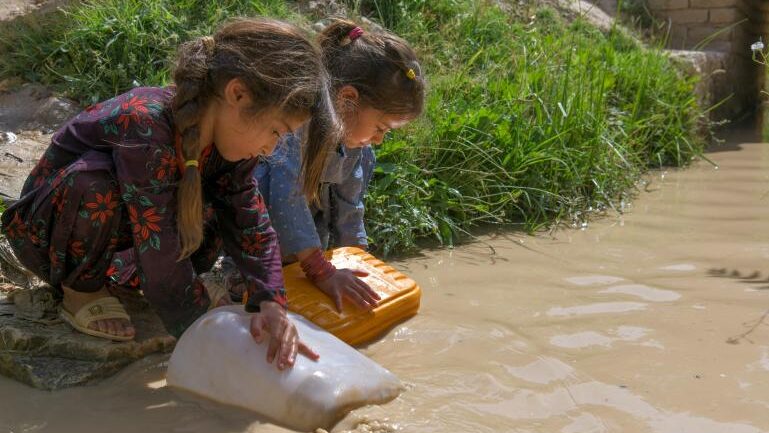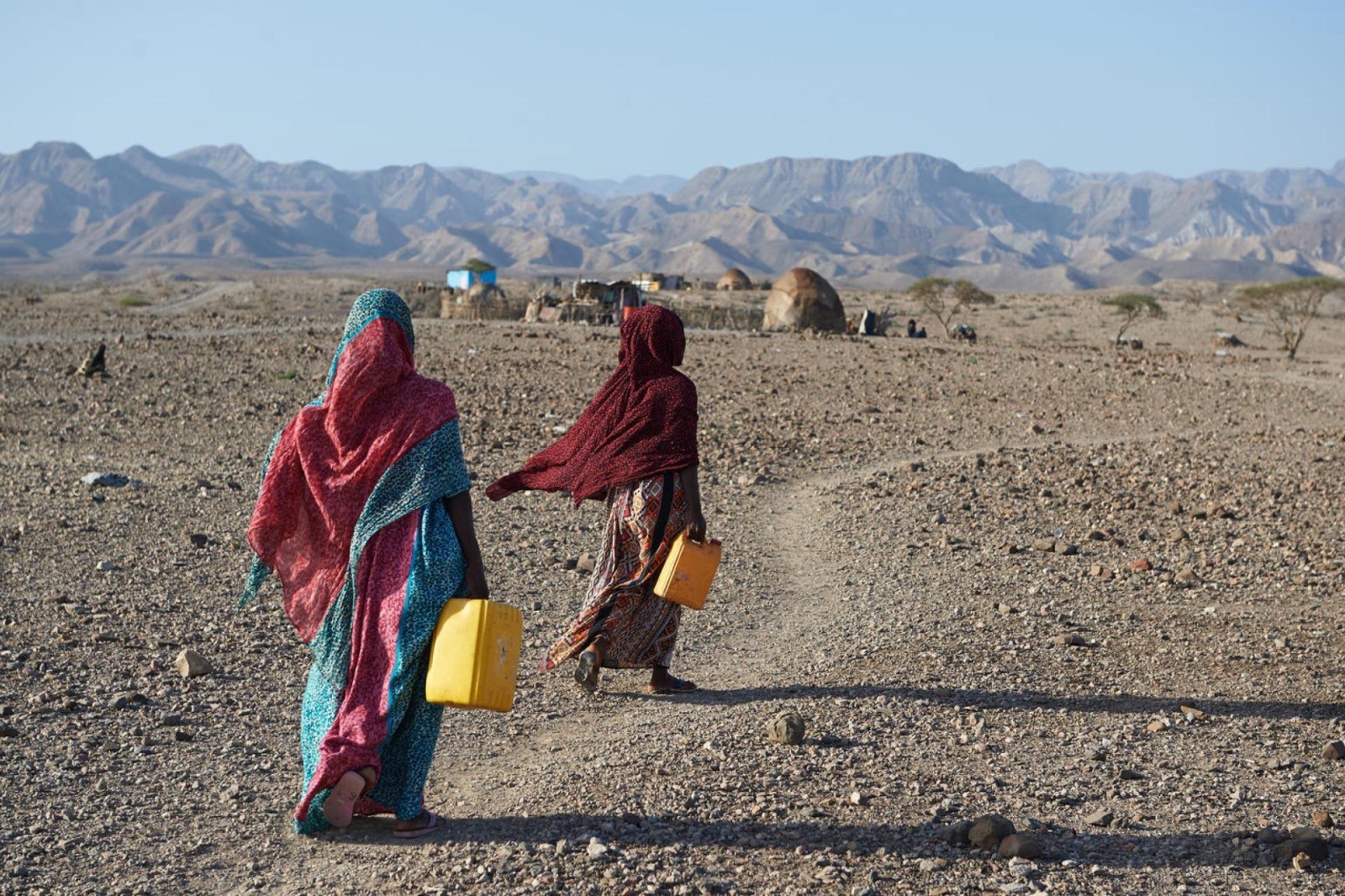İklim değişikliğiyle ilgili güvenilir bilgileri yaygınlaştırmayı hedefleyen İklim Masası‘yla olan işbirliğimiz çerçevesinde, Groningen Üniversitesi‘nden Dr. Ethemcan Turhan‘ın kaleme aldığı ve COP28’e ilişkin ilişkin değerlendirmelerine yer verdiği makalesini yayımlıyoruz.
*
Her sene farklı bir bölgede gerçekleşen COP, bu sene Asya kıtasında ve BAE’ye denk geldi. Bunun şöyle bir yan etkisi var: BAE, çok ciddi miktarda doğalgaz ve petrol üreten bir ülke; Petrol İhraç Eden Ülkeler Örgütü (OPEC) üyesi. Bu yüzden de en başından beri COP 28 organizasyonunun içine çıkar ilişkileri girmiş oldu. Henüz zirve başlamadan, siyaseten tamamen tarafsız olması gereken COP 28 Başkanı Dr. Sultan Al Jaber’in gerçekleştirdiği temaslar için hazırlanan konuşma notlarında, bazı ticari ilişkilerin de bulunduğunu gördük. Bu durum, özellikle sivil toplumun ve pek çok ülke delegasyonunun tepkisini çekti.
BM İklim Değişikliği Çerçeve Sözleşmesi müzakereleri, uzlaşıyla yönetilen bir süreç. Başkanların tarafsız olduğu durumlarda bile uzlaşmak çok zorken, tarafgir bir başkan yönetiminde uzlaşıya varmak mümkün değil. Üstelik COP 28, 1995’te Berlin’de yapılan birinci COP’tan bu yana katılımın en yüksek olduğu zirve: 97 bin kişi resmi olarak kayıt olmuş durumda; üç bin kişi ise sanal olarak katılacak. Yaklaşık 100 bin kişinin katılacağı bir iklim zirvesinden bahsediyoruz.
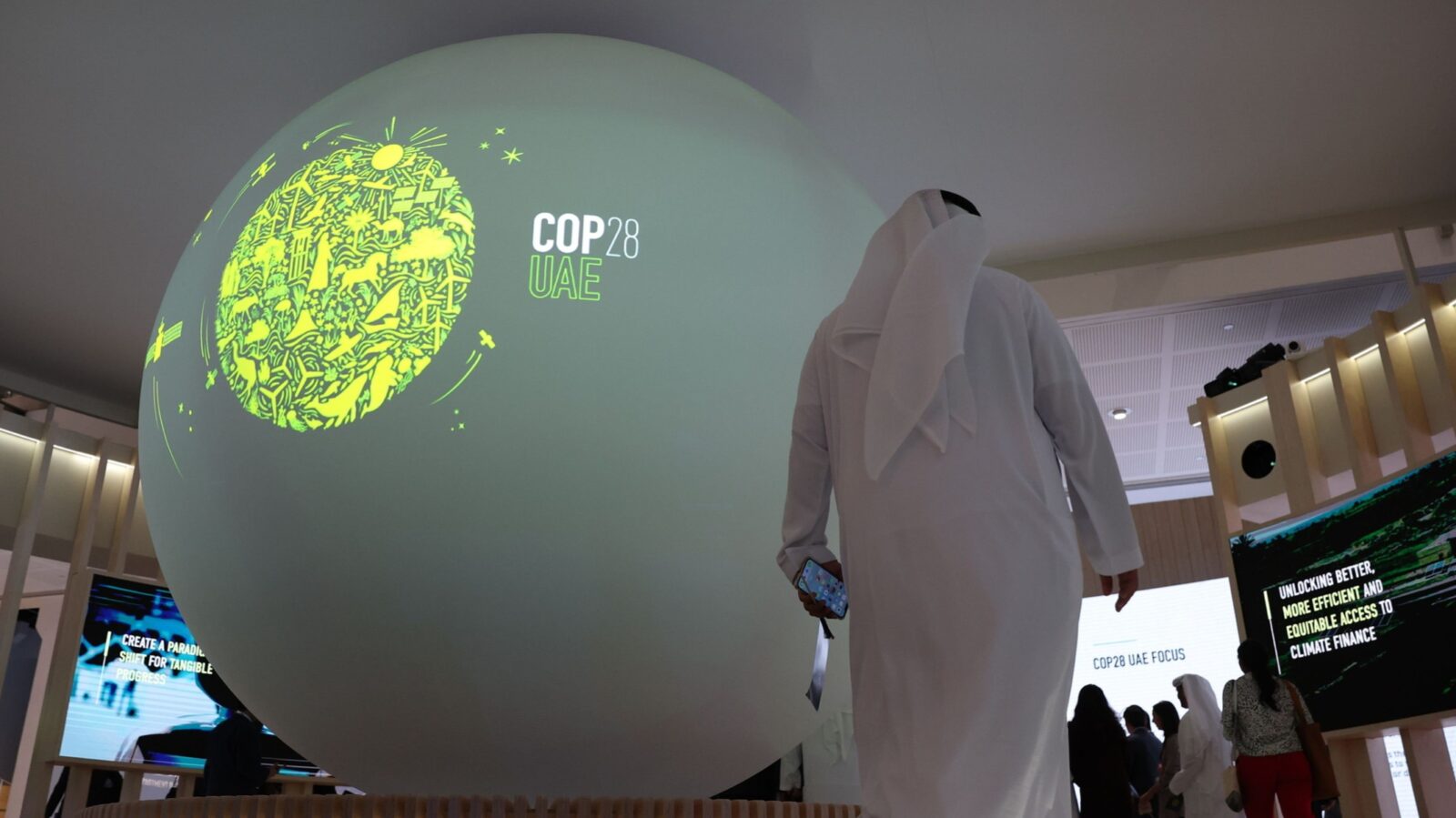
Bu zirvede karar alabilmek için, organizasyonel ve yapısal olarak, BAE’nin önemli bir sorumluluğu vardı. Bu sorumluluğu yeterince ve doğru olarak yerine getirdiklerini düşünmüyorum. Bunun arkasında da tabii ki ticari çıkarlar, jeopolitik ittifaklar ve BAE’nin küresel fosil yakıt piyasalarındaki yeri var.
‣COP28 Notları– 1: Fosil yakıtlardan kurtulabilecek miyiz?
Teknik müzakereler sınırda, siyasi irade gerekli
Tüm bunlar nedeniyle, COP 28’in harika bir şekilde başladığını söylemek mümkün değil. Bir de tabii Gazze’de sürmekte olan işgal ve insanlık dışı saldırı da tepki yarattı çünkü – iklim adaleti hareketinin de COP 28’de vurguladığı gibi – insan haklarının olmadığı bir yerde iklim adaletinin olması da mümkün değil.
Öte yandan bu, belli başlı kararların alınması gereken bir COP. Bunlar arasında Küresel Uyum Hedefi var; pratikte tam olarak nasıl uygulanacağını bilmediğimiz Kayıp ve Zararlar Fonu var. Ayrıca fosil yakıtların zaman içinde ortadan kaldırılması için bir tarih belirleme hedefi var – ki buna henüz ulaşılmış değil, müzakereler devam ediyor. Türkiye maalesef bu fosil yakıtlardan çıkış koalisyonuna katılmayı düşünmüyor. Ama benim anladığım o ki, teknik müzakereler zaten sınırına ulaşmış durumda. Asıl kararın, siyasi irade ortaya konarak verilmesi gerekiyor. Önümüzdeki hafta bakanlar, COP 28’e geldiğinde, bazı somut siyasi kararların verilmesi gerekecek. Henüz buna dair bir ışık görmüyoruz.
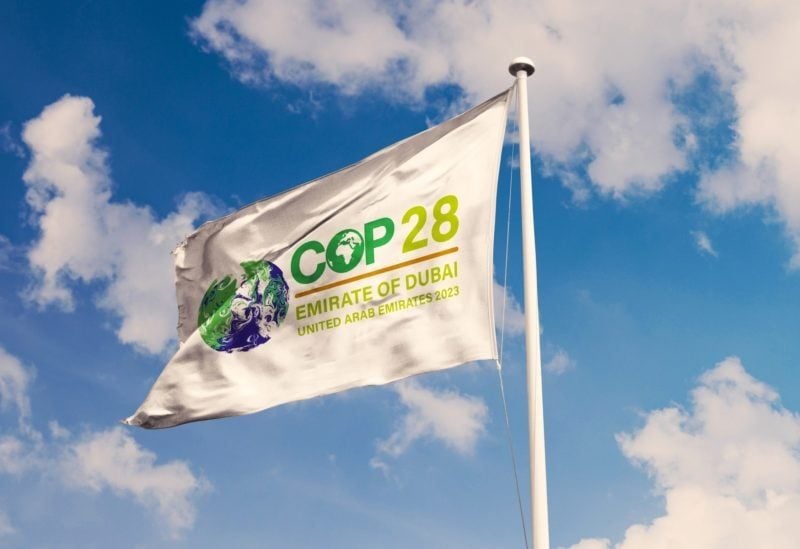
Ankara, tüm tuşlara basarak enerji politikalarını savunmaya çalışıyor
Türkiye’nin COP 28’in başlangıcından bu yana gösterdiği duruşu tutarsız bulanlar olabilir. Ben tutarsız bulmuyorum çünkü Türkiye’nin hiçbir zaman bu konularda net bir hedefi olmadı; iklim müzakerelerine ‘bol laf, az iş’ düsturuyla devam ediyor.
Türkiye uzun yıllar boyunca iklim müzakerelerinde görünmez olmayı tercih etmişti. Kendi ulusal çıkarları, şartları dışında pek bir konuda yorum yapmıyordu. Bu durum, özellikle Paris Anlaşması ile birlikte aşıldı ve iklim müzakerelerinde Türkiye’nin sesi daha fazla duyulur oldu. Ama maalesef bu, uzlaşıya veya kararlara katkı koyacak şekilde olmadı. Türkiye iklim zirvesinde daha ziyade, kendi özel şartlarını – ki artık özel şartlara dayandıramadığı pek çok politikası da var- ve ulusal enerji politikasını savunmak adına konuşur hale geldi. Şu anda gördüğümüz şey de bu. Halbuki özellikle uyum alanında Türkiye liderlik gösterebilir.
‣[COP28] Türkiye’nin Yenilenebilir Enerji Taahhüdü’ne imza atmaması kömür ısrarıyla ilgili

Türkiye ‘siyasetsizlik siyaseti’ güdüyor
Türkiye’nin İklim Zirvesi’nde muhalefet ettiği konulara bakarsak, tüm dünyanın yapıcı bir şekilde üzerinde uzlaşması gereken limitlerin hiçbirine önem atfetmiyor gibi görünüyor: Kömürden çıkış konusunda kesinlikle taviz vermiyor, doğalgaz ise konu bile edilmiyor.
Burada yaşadığımız asıl sorun şu: Türkiye bir siyasetsizlik siyaseti gütmeye devam ediyor. Bunu da uluslararası bir uzlaşıya katkı sunmak değil, orada kendini göstermek şeklinde yapıyor. Bunun faydalı bir yaklaşım olduğunu düşünmüyorum. Türkiye, uluslararası iklim rejiminden kendini uzun süre izole etmişti. Şimdi rejimin içinde daha aktif bir şekilde rol almak istiyor, daha fazla ses çıkarıyor. COP 28’e en büyük yedinci delegasyonu göndermiş; neredeyse Çin delegasyonu büyüklüğünde. Şu an 1,045 kişi Dubai’de kayıtlı. Ama yapıcı olarak ne var derseniz, bir şey göremiyorum.
Mesele yine dönüp dolaşıp siyasi iradeye geliyor. Burada Türkiye’nin teknik bir problemi olduğunu düşünmüyorum. Daha geçtiğimiz günlerde İstanbul Politikalar Merkezi’nin açıkladığı Türkiye’nin Karbonsuzlaşma Yol Haritası raporunun da gösterdiği gibi, karbonsuzlaşma için Türkiye’nin teknik imkanları var. Ancak Türkiye’de, iklim politikası anlamında, bir siyasi irade eksikliği var.
‣[COP28] Zirve başkanından iklim inkarına varan açıklama: Fosil yakıtları durdurmak bilimsel değil

İklim, iktisadi getir-götür meselesi olarak görülmemeli
Türkiye’nin iklim rejiminde uzun yıllar boyunca özel koşullarını savunmasının arkasında yatan neden, sera gazı emisyonlarını azaltım politikalarının, ekonomisini olumsuz yönde etkileyebilecek olma ihtimaliydi.
Dönüp dolaşıp şurada takıldığımızı düşünüyorum: Türkiye, iklim değişikliği meselesini sadece ve sadece iktisadi bir getir-götür meselesi olarak ele aldığı sürece, ne kendi halkı için ne de dünyanın geri kalanı için olumlu bir iklim siyaseti belirleyemeyecek. Bunun temel sebebi şu: İklim değişikliği, ekonomik yapıyla olduğu kadar, nasıl bir dünyada yaşamak istediğimizle de alakalı. Türkiye bu işi ‘ancak para alırsak adım atarız’a indirgediğinde, bazı nüanslar ortadan kayboluyor.
‣[COP28] Türkiye’nin 2050’de elektriğin yüzde 91’inin temiz kaynaklardan üretmesi, 2053’de ‘net sıfır’ mümkün
Kayıp ve Zarar Fonu’ndan pay istemek Türkiye’ye haksızlık
Kayıp ve Zarar Fonu’nda yaşanan da benzer bir tartışma. Kayıp ve Zarar Fonu, iklim değişikliği nedeniyle meydana gelen zarar ve kayıpların tazmini için, iklim krizine sebep olan ilk ve öncelikli ülkelerin bu borcu ödemesi fikrinden yola çıkarak kuruldu. Bundan faydalanması gereken ülkeler, ilk ve öncelikli olarak, iklim değişikliğinden zarar gören ancak iklim değişikliğinde sorumluluğu veya mücadele konusunda imkanı olmayan ülkeler.
Türkiye ise bir taraftan kendini Ekonomik İşbirliği ve Kalkınma Teşkilatı (OECD) ve G-20 üyesi olan ileri bir ekonomi olarak konumlandırırken, öbür taraftan da en kırılgan, küçük ve yoksul ülkelerin erişebileceği bir pastadan pay almaya çalışıyor. Bunun Türkiye’ye de haksızlık olduğunu düşünüyorum. Buna ihtiyacı olmadığı gibi, daha önce Yeşil İklim Fonu’na yaptığını şimdi de Kayıp ve Zarar Fonu’na yapması, yapıcı bir iklim siyaseti doğurmayacaktır.

Bu yüzden Türkiye’nin buralardaki pozisyonunu netleştirmesi gerekiyor. Özellikle ciddi bir azaltım taahhüdü yapması ve iklim değişikliğine uyum bağlamında ne tip desteklere erişebileceğini tartışması gerekiyor. Şu anda Türkiye’nin Kayıp ve Zarar Fonu’na erişmeye çalışması veya bu alanda herhangi bir adıma taş koyması, çok yanlış olacaktır.
Göreceli azaltımlar, atmosfer üzerinde etkisiz
Hükümetlerarası İklim Değişikliği Paneli’nin (IPCC) bize gösterdiği bilim, tartışmaya yer bırakmayacak kadar açık: Eğer küresel ısınmayı 1.5°C ile sınırlandırmak istiyorsak, kömürün neredeyse yüzde 90’ının, doğalgazın ise neredeyse yüzde 60’ının çok hızlı bir şekilde azaltılması gerekiyor. Şu anda küresel ölçekte var olmayan, karbon tutma ve depolama teknolojileri gibi olasılıkları dikkate aldığımızda dahi, çok radikal kesintiler yapılması gerekiyor. Buna rağmen iklim zirvelerinde bolca patinaj yapılıyor. Bunun sebebinin de, iklim sisteminin aslında bir havuz problemi olduğunu anlayamamak olduğunu düşünüyorum.
‣[COP28] Erdoğan iklim zirvesinde ‘artıştan azaltım’ hedeflerini övdü
İklim krizi, bir havuz problemi
İklim krizi, bir havuz problemi: Bir taraftan musluk açıkken, aşağıdan her ne kadar suyu salsanız da, su yükselmeye devam ediyor. Atmosferik sistem de böyle çalışıyor. Göreceli azaltımların atmosfer açısından hiçbir anlamı yok. Bu yüzden de kesin, mutlak, bilimle uyumlu sera gazı azaltım hedeflerine ve bu hedeflere uyulmasına ihtiyacımız var.
COP 28 eğer tek bir karar alacaksa, mutlak kararlar alması doğru olur. Aynı şey uyum için de geçerli. Uyum siyaseti çok önemli çünkü artık önüne geçemeyeceğimiz iklim etkileri var. Fakat sadece buna odaklanmak, krizi ancak büyütecektir.

![[COP28] ‘Türkiye, yapıcı iklim politikaları benimsemeli’ [COP28] ‘Türkiye, yapıcı iklim politikaları benimsemeli’](https://yesilgazete.org/wp-content/uploads/2023/12/COP28-attendees-e1701942106174-768x432.webp)


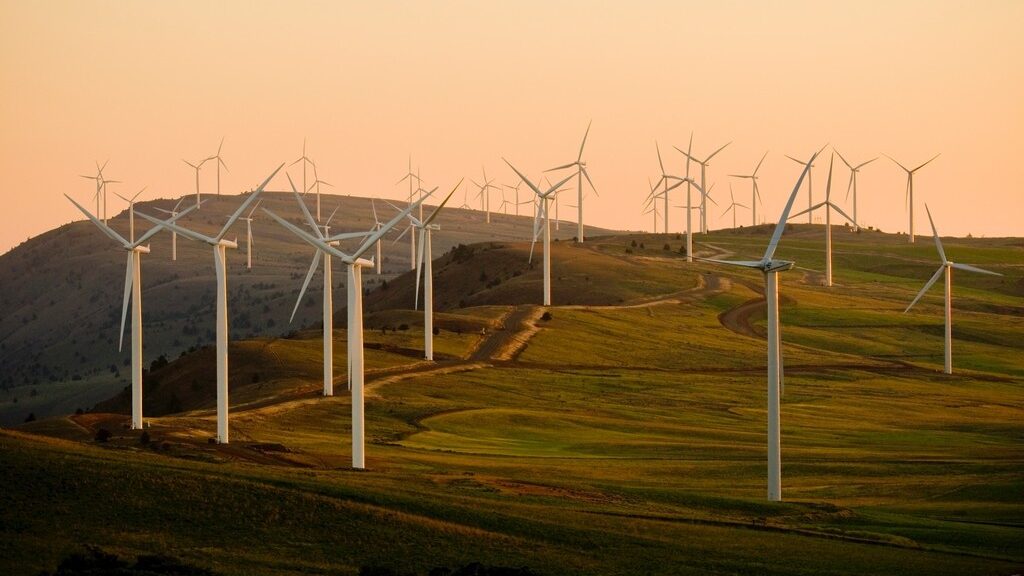
![[COP28] ‘Petrol şirketlerini ülkeler buraya getiriyor’ [COP28] ‘Petrol şirketlerini ülkeler buraya getiriyor’](https://yesilgazete.org/wp-content/uploads/2023/12/mahir.jpg)
![[COP28] Climate denial from the summit president: Stopping fossil fuels is not scientific [COP28] Climate denial from the summit president: Stopping fossil fuels is not scientific](https://yesilgazete.org/wp-content/uploads/2023/12/aljaber-cop28-e1701683712238.jpg)
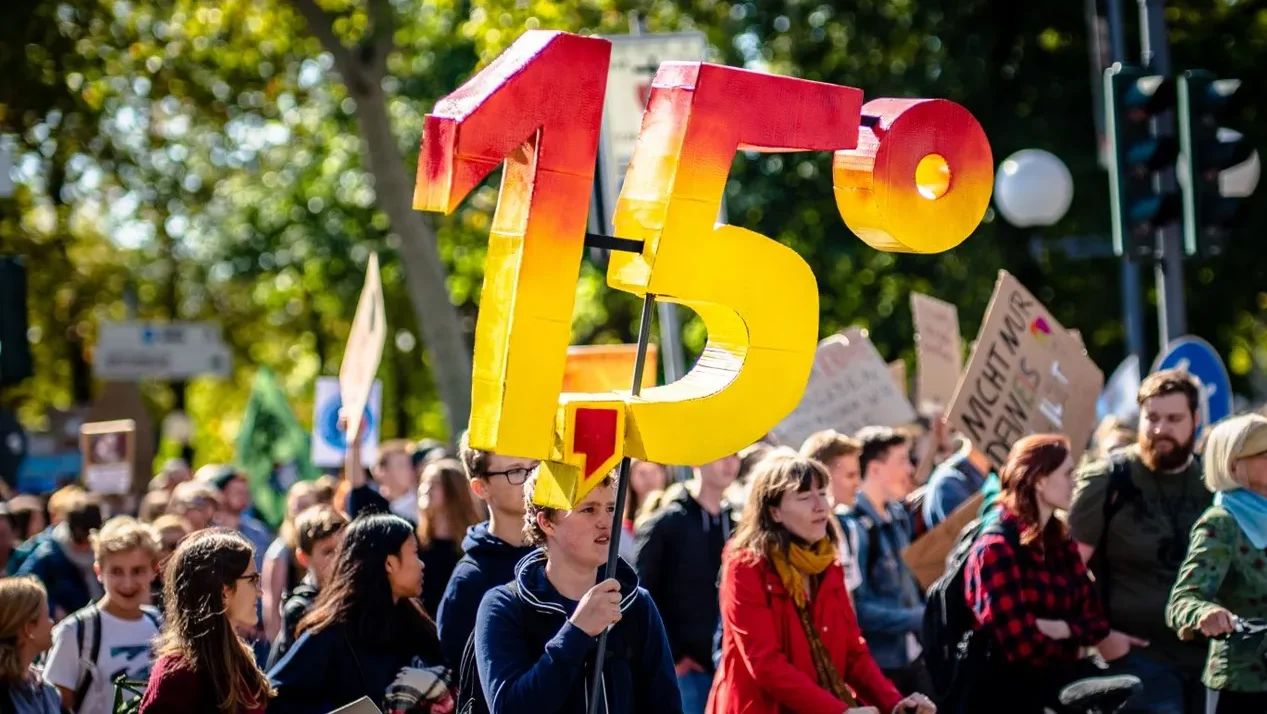
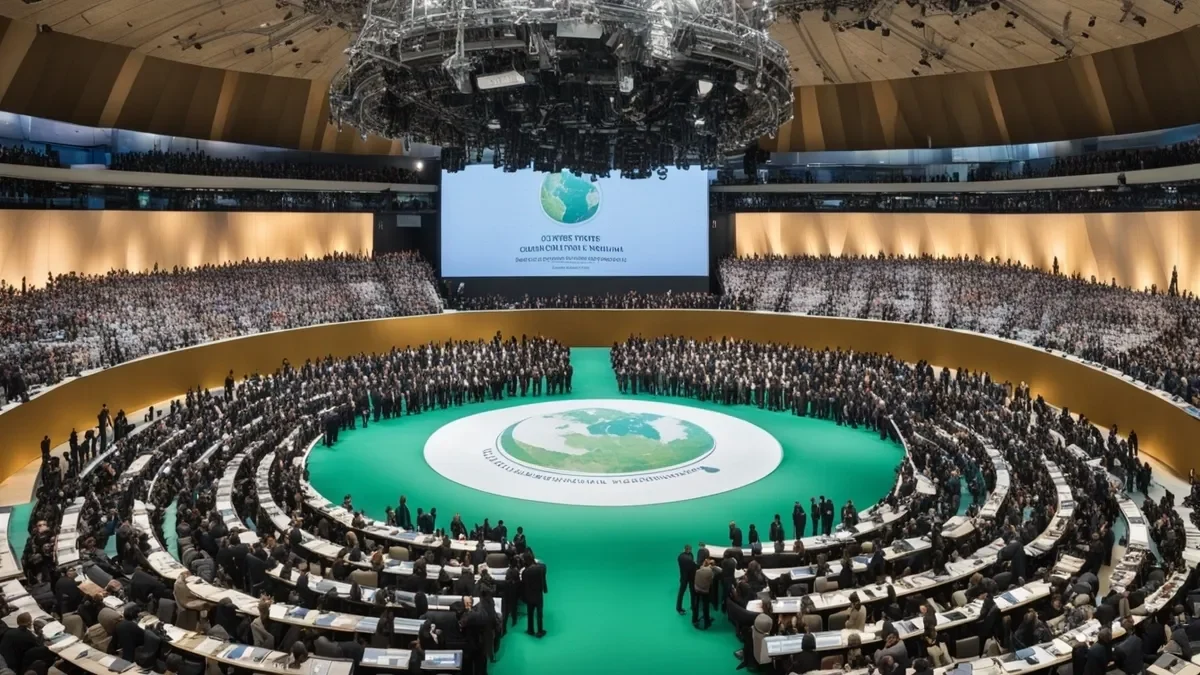
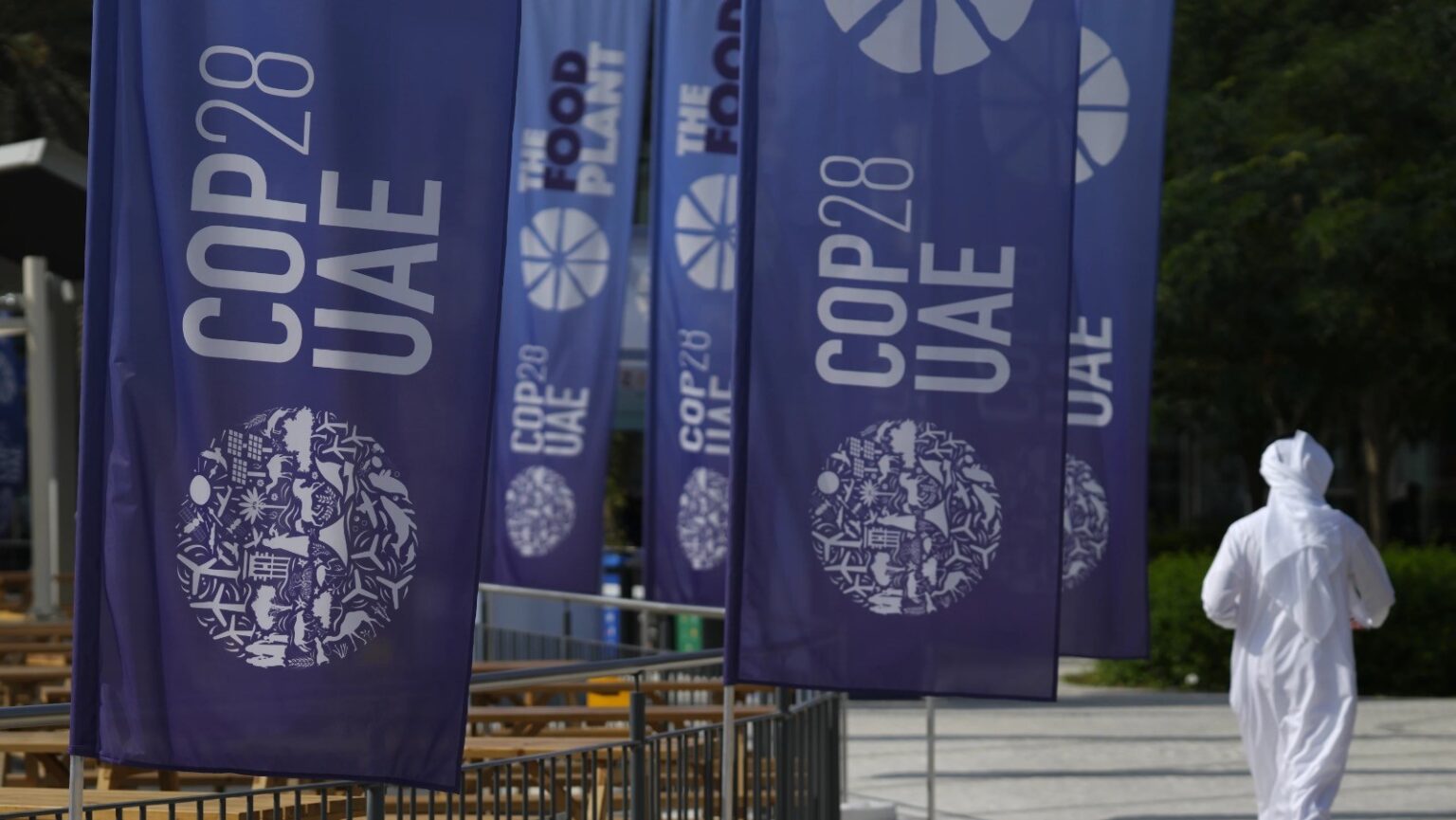

![[COP28] Turkey’s refusal to sign the Renewable Energy Commitment is related to its insistence on coal [COP28] Turkey’s refusal to sign the Renewable Energy Commitment is related to its insistence on coal](https://yesilgazete.org/wp-content/uploads/2023/05/cop28-1-e1701699013880-768x432.jpeg)
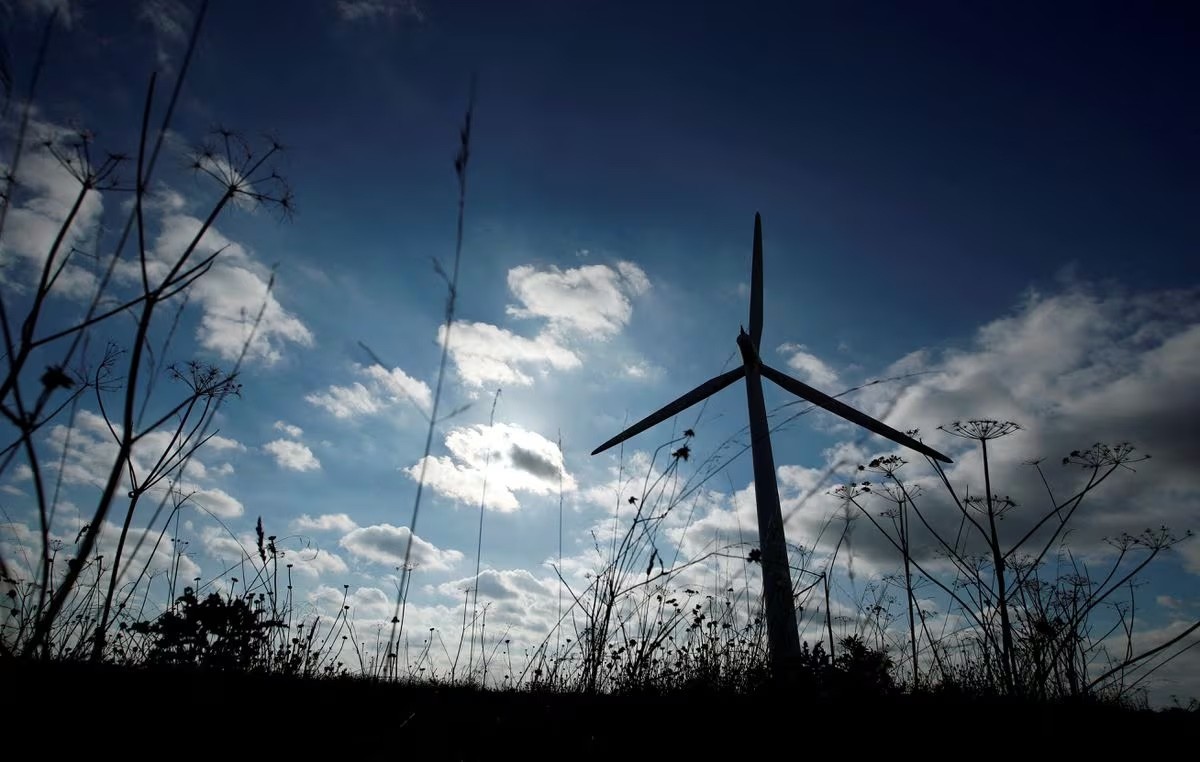
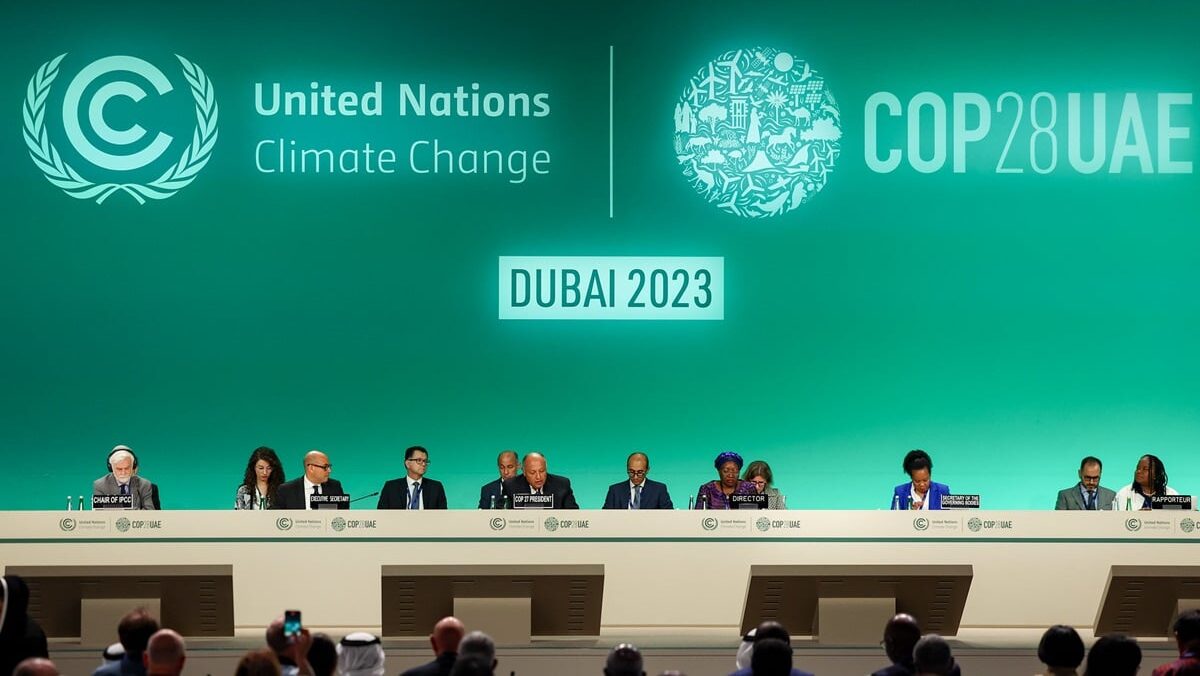
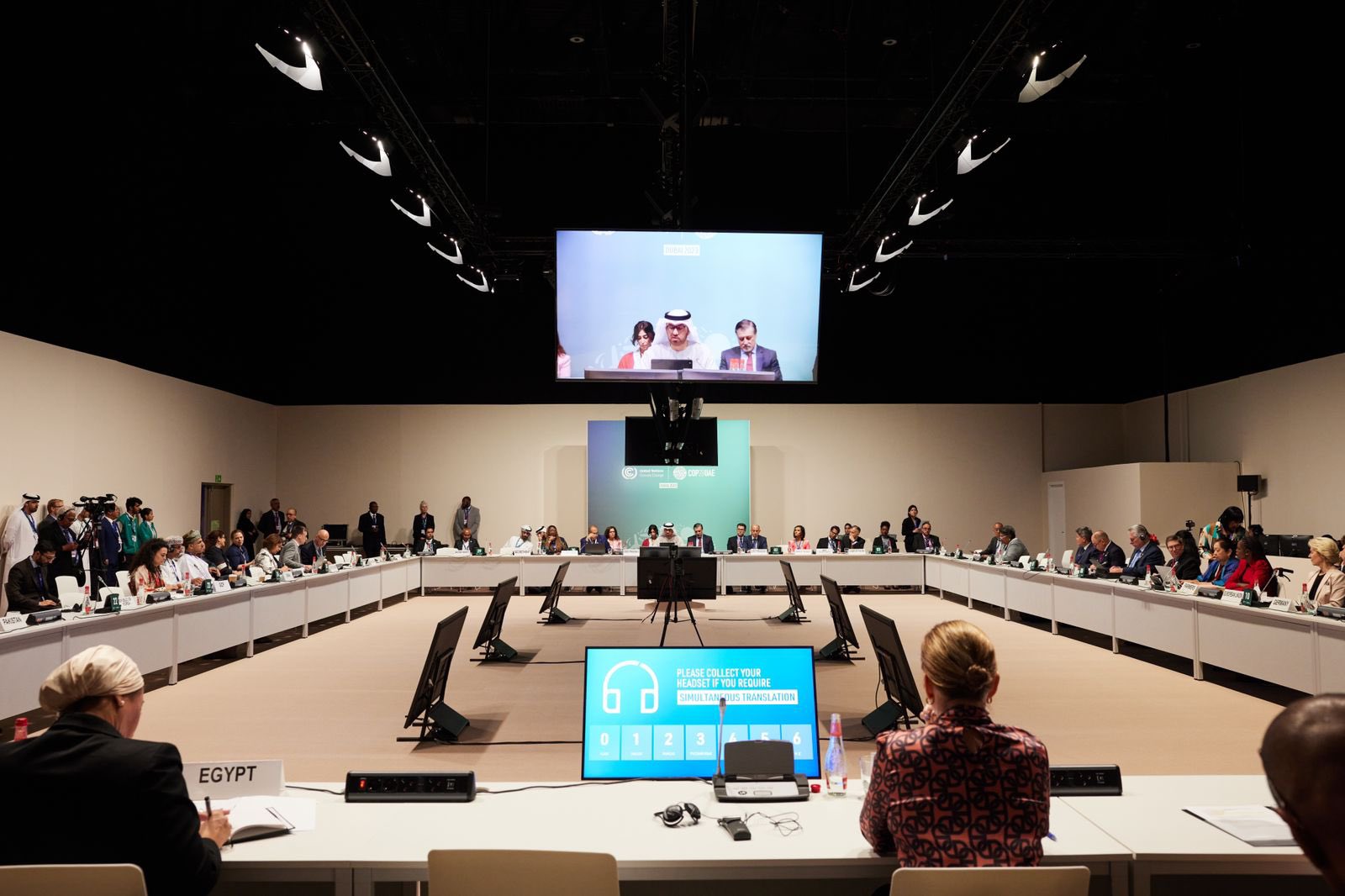
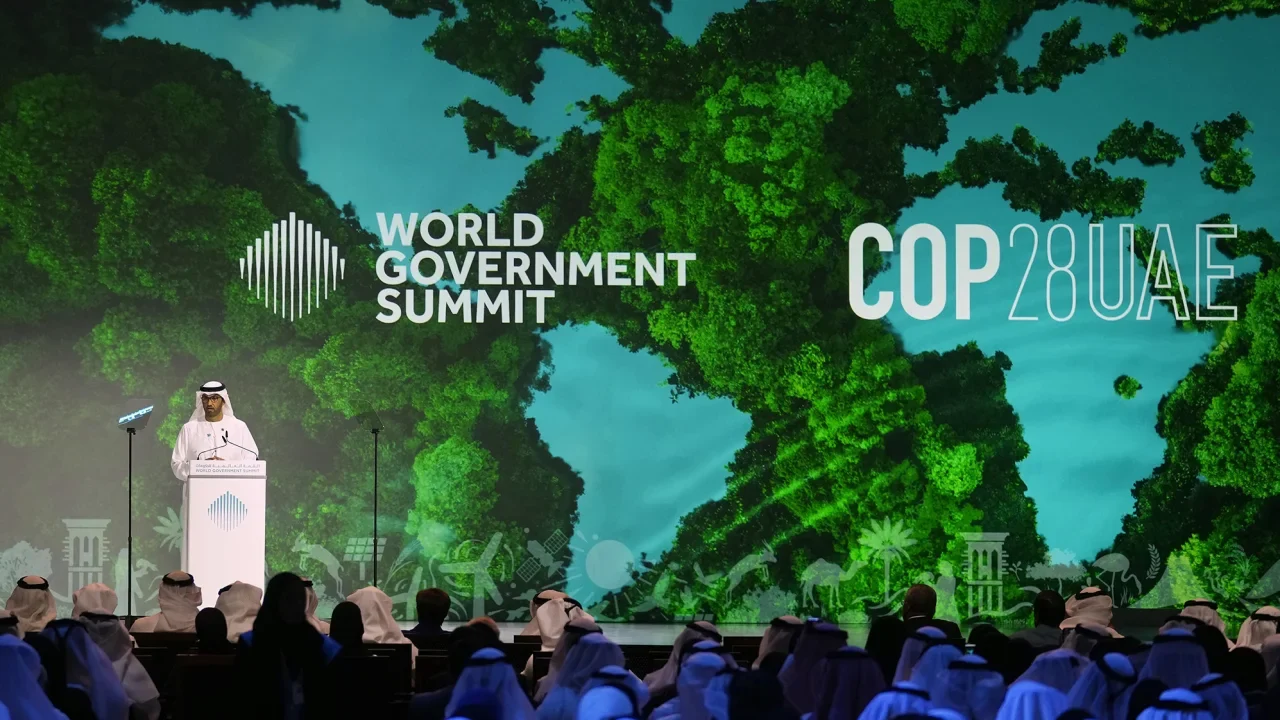
![[COP28] Global climate researchers: Exceeding 1.5 degrees Celsius is inevitable [COP28] Global climate researchers: Exceeding 1.5 degrees Celsius is inevitable](https://yesilgazete.org/wp-content/uploads/2023/12/1.5-e1701680826958-768x433.webp)

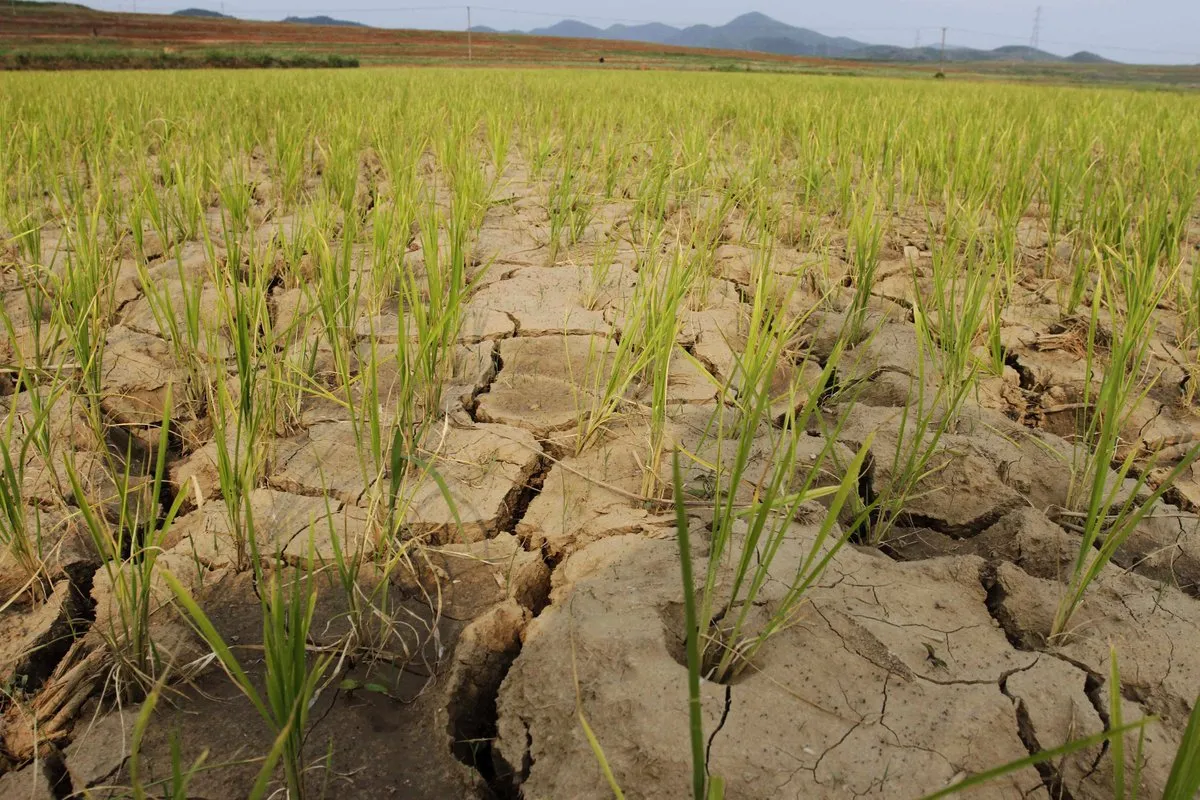

![[COP28] Seven countries, including the US, joined the ‘post-coal clean energy alliance’ [COP28] Seven countries, including the US, joined the ‘post-coal clean energy alliance’](https://yesilgazete.org/wp-content/uploads/2023/12/kerry-e1701535221951-768x433.jpg)

![[COP28] Renewable energy, new financial contributions on the agenda on the third day of the summit [COP28] Renewable energy, new financial contributions on the agenda on the third day of the summit](https://yesilgazete.org/wp-content/uploads/2023/12/gazete-ozel-21.jpg)

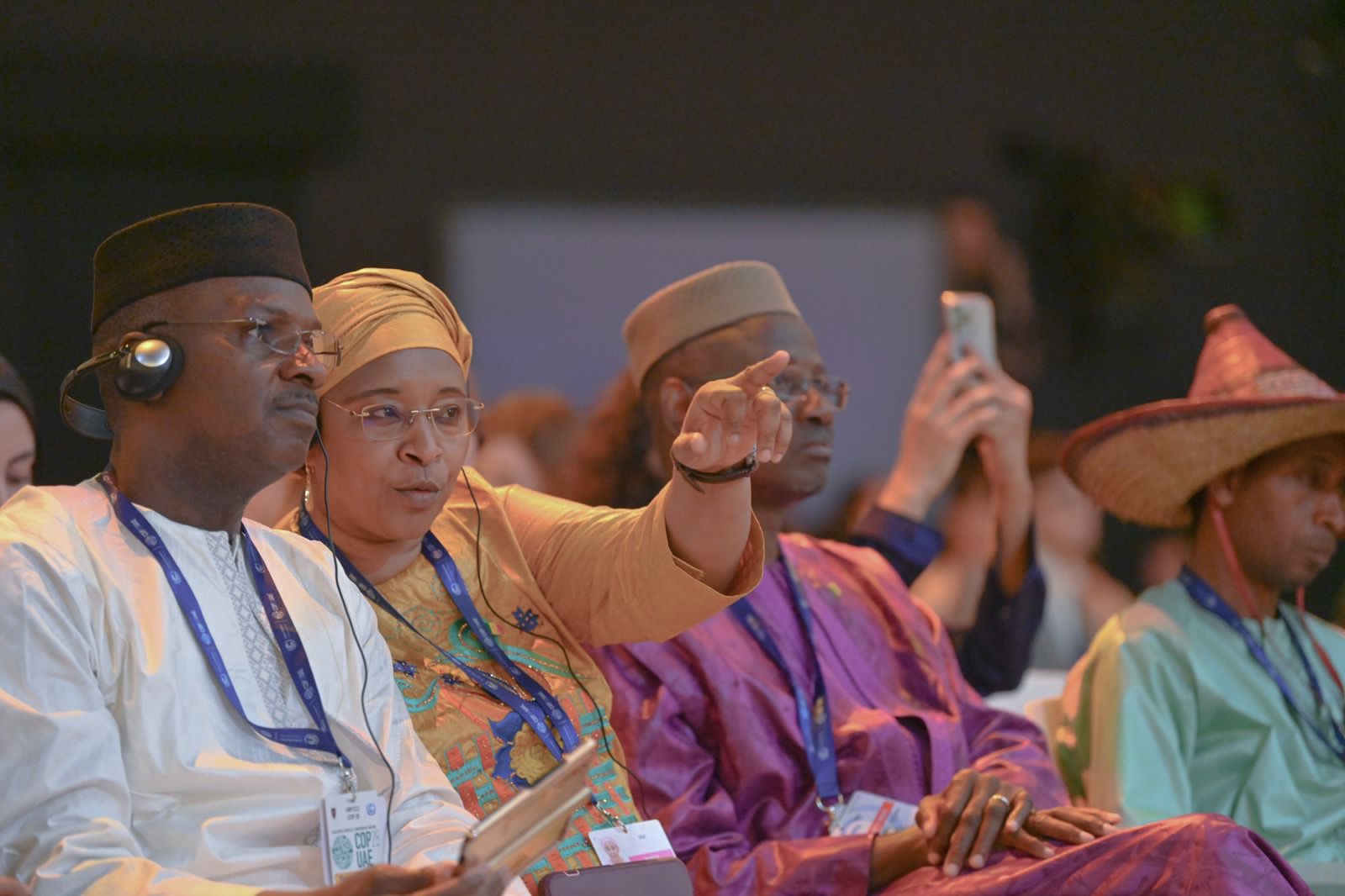
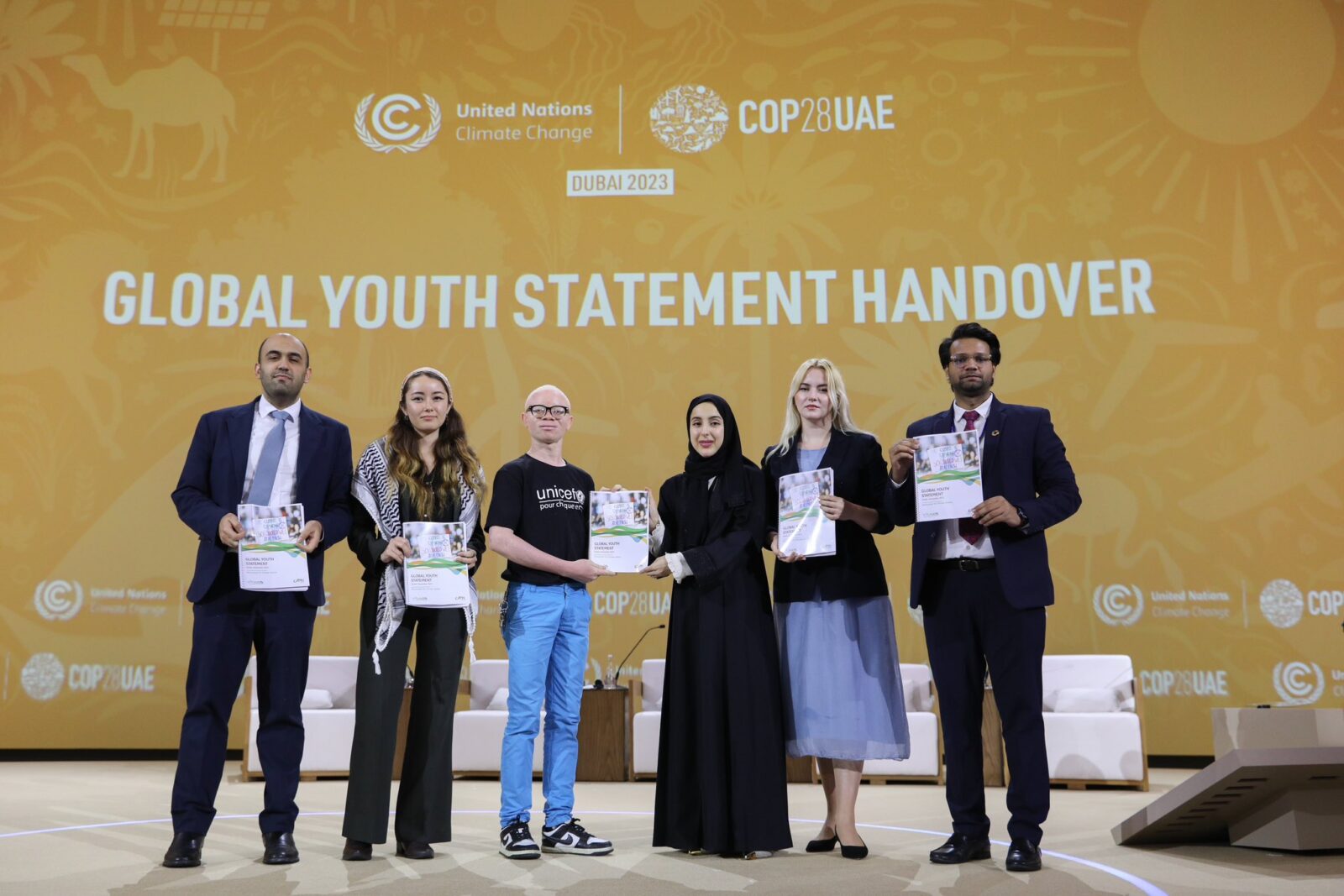
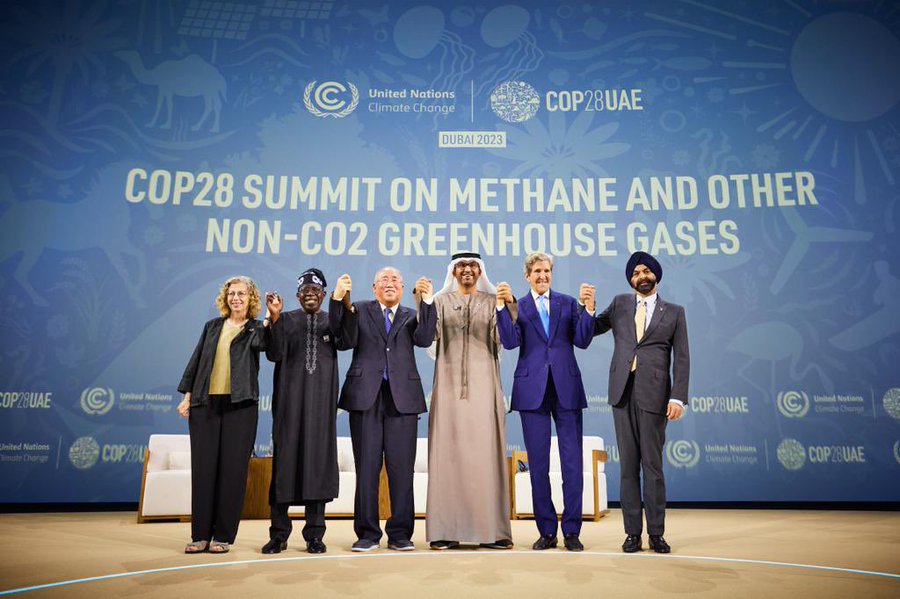
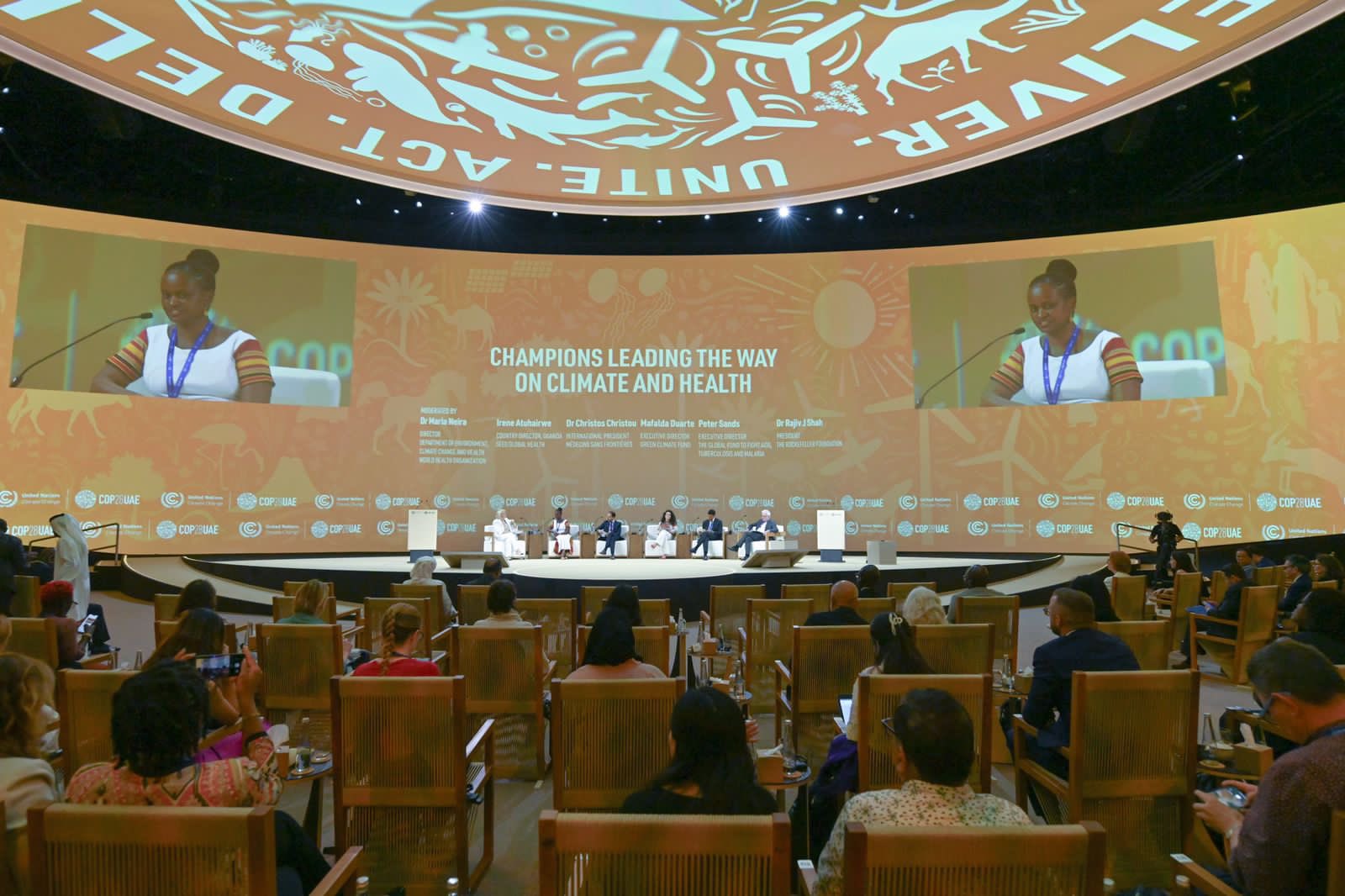
![[COP28] Çocuklardan liderlere çağrı: Gelecek nesillere borçlusunuz [COP28] Çocuklardan liderlere çağrı: Gelecek nesillere borçlusunuz](https://yesilgazete.org/wp-content/uploads/2023/12/whatsapp-image-2023-12-06-at-175511-e1701874651524-768x433.jpeg)

